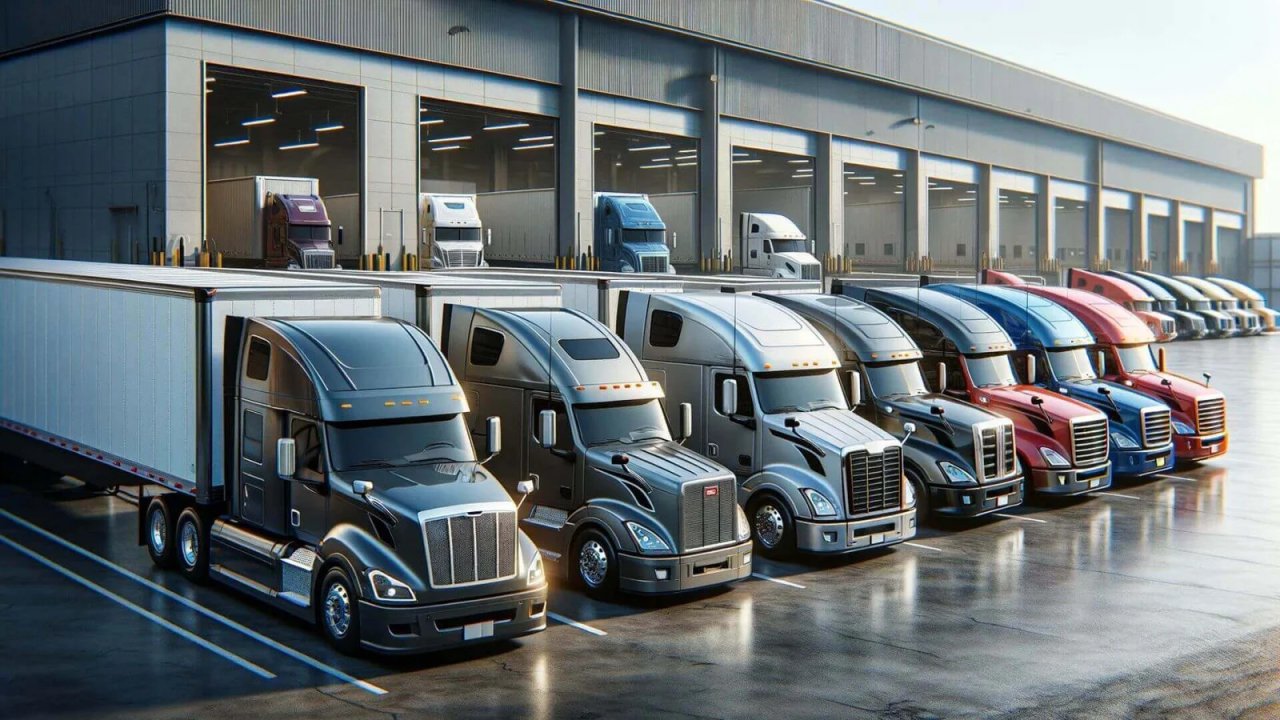
[BACK]
The New Future of Proper Fleet Monitoring

The landscape of fleet monitoring is undergoing a transformative shift driven by advancements in technology and the evolving needs of businesses. Here are some key trends and innovations shaping the new future of proper fleet monitoring:
Telematics systems, powered by the Internet of Things (IoT), are at the forefront of fleet monitoring. These systems collect real-time data on vehicle location, speed, fuel consumption, engine performance, and driver behavior. This data helps fleet managers optimize routes, reduce fuel costs, and improve overall efficiency.
Modern GPS tracking systems offer more than just location data. They provide insights into traffic conditions, route optimization, and even predictive maintenance alerts. Enhanced GPS technology ensures that fleet managers can monitor their vehicles with high precision.
Artificial Intelligence (AI) and Machine Learning (ML) algorithms analyze vast amounts of data to identify patterns and predict potential issues. These technologies can forecast maintenance needs, detect unusual driving behavior, and optimize fleet operations in real time.
Monitoring driver behavior is crucial for safety and efficiency. Advanced systems track metrics such as harsh braking, rapid acceleration, and idling time. This information helps in training drivers, reducing accidents, and promoting safer driving practices.
Fuel costs are a significant expense for fleet operators. Advanced fuel management systems monitor fuel levels, consumption rates, and refueling patterns. They can detect fuel theft and wastage, providing actionable insights to reduce fuel expenses.
Predictive maintenance uses data analytics to predict when a vehicle component might fail. By addressing issues before they become critical, fleets can minimize downtime, extend vehicle life, and reduce maintenance costs.
Fleet monitoring systems ensure compliance with various regulations, such as hours-of-service (HOS) rules for commercial drivers. Automated logging and reporting reduce the administrative burden and help avoid costly fines.
Modern fleet monitoring integrates advanced communication systems, enabling real-time updates between drivers and fleet managers. This enhances coordination, allows for quick response to changing conditions, and improves overall operational efficiency.
With a growing emphasis on sustainability, fleet monitoring systems help in tracking and reducing the environmental impact of fleets. They provide insights into emissions, encourage eco-friendly driving practices, and support the integration of electric vehicles (EVs).
Cloud-based fleet management platforms offer scalable solutions with easy access to data from anywhere. They support integration with various other business systems, providing a comprehensive view of fleet operations.
As fleet monitoring relies heavily on data, ensuring its security is paramount. Advanced encryption and cybersecurity measures protect sensitive information from breaches and cyber threats.
The future of fleet monitoring is characterized by a seamless integration of cutting-edge technologies that provide real-time insights, enhance efficiency, and ensure safety and compliance. Businesses that leverage these advancements can expect to achieve significant improvements in their fleet operations, cost management, and overall productivity.
We engaged Geosoft in mid-2023 as they have a reputation for API integration within the Telematics s . . . [MORE].

We all have been VERY pleased with John's vigilance in monitoring our system and his quick and . . . [MORE].

FIVE STARS + It's true, this is the place to go for your GeoTab needs. In my case, Justin fixed . . . [MORE].

We were in desperate need of help because our former GeoTab Development agency left us hanging with . . . [MORE].

Just to say thank you for all the hard work. I can't express enough how great it's been to . . . [MORE].

Fleet tracking is an essential tool for businesses that manage a fleet of vehicles, offering a range of benefits that enhance performance and efficiency. Here’s a detailed look at how fleet trac
"Technical Fleet Navigation" can refer to various aspects of managing and directing a fleet of vehicles or vessels, including logistical planning, route optimization, tracking, and ensuring
Fleet dispatch innovations involve the use of advanced technologies and methods to optimize the management and operation of vehicle fleets. Key innovations include: Telematics Systems: These